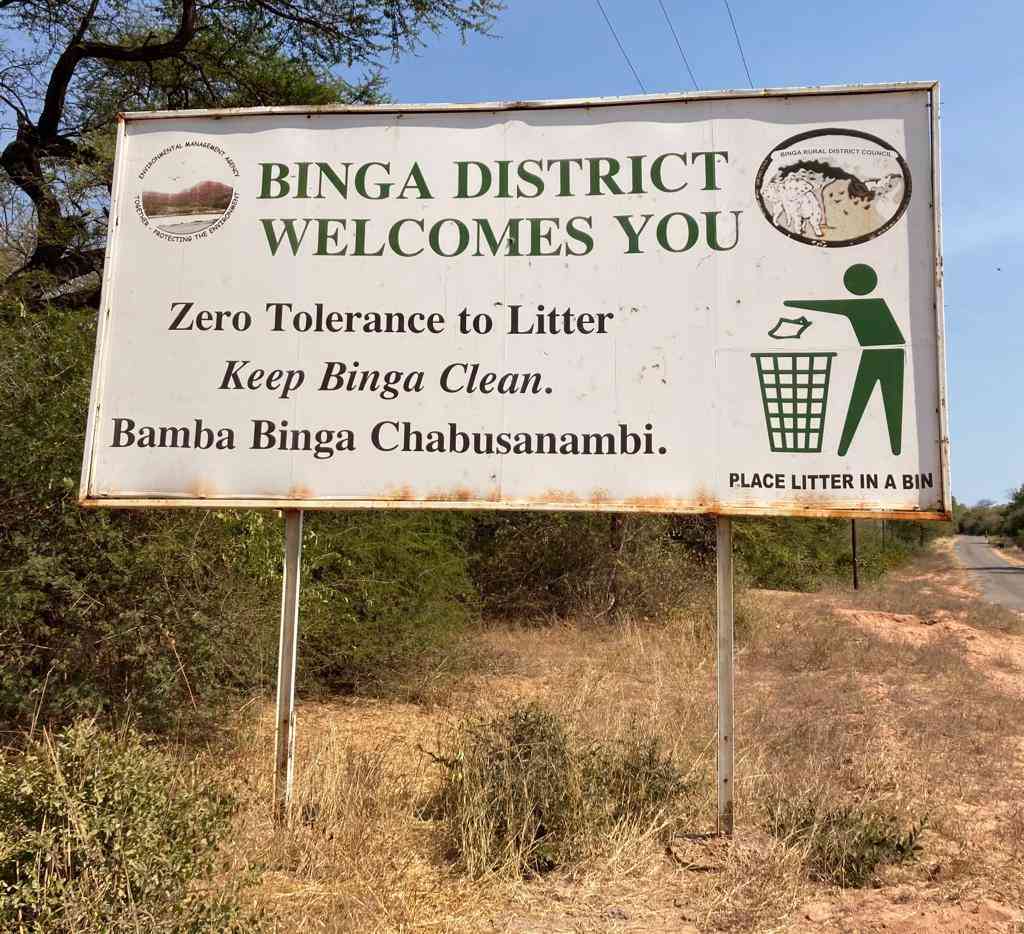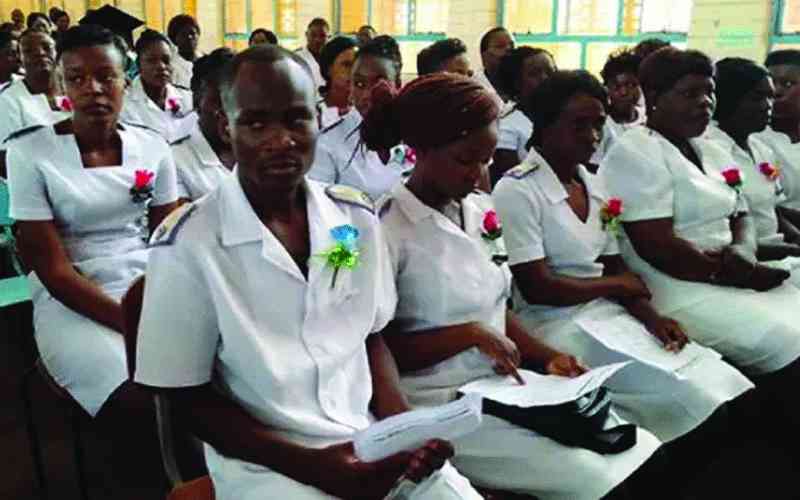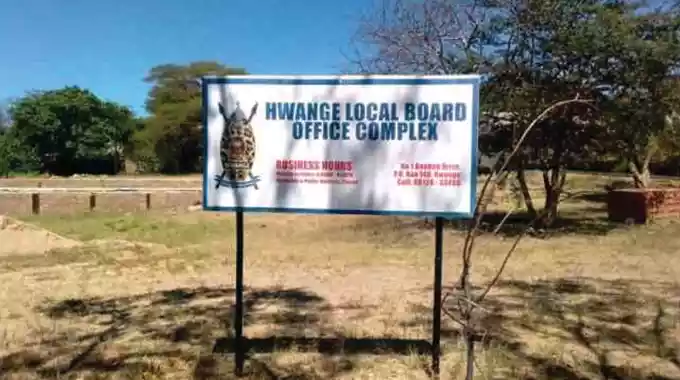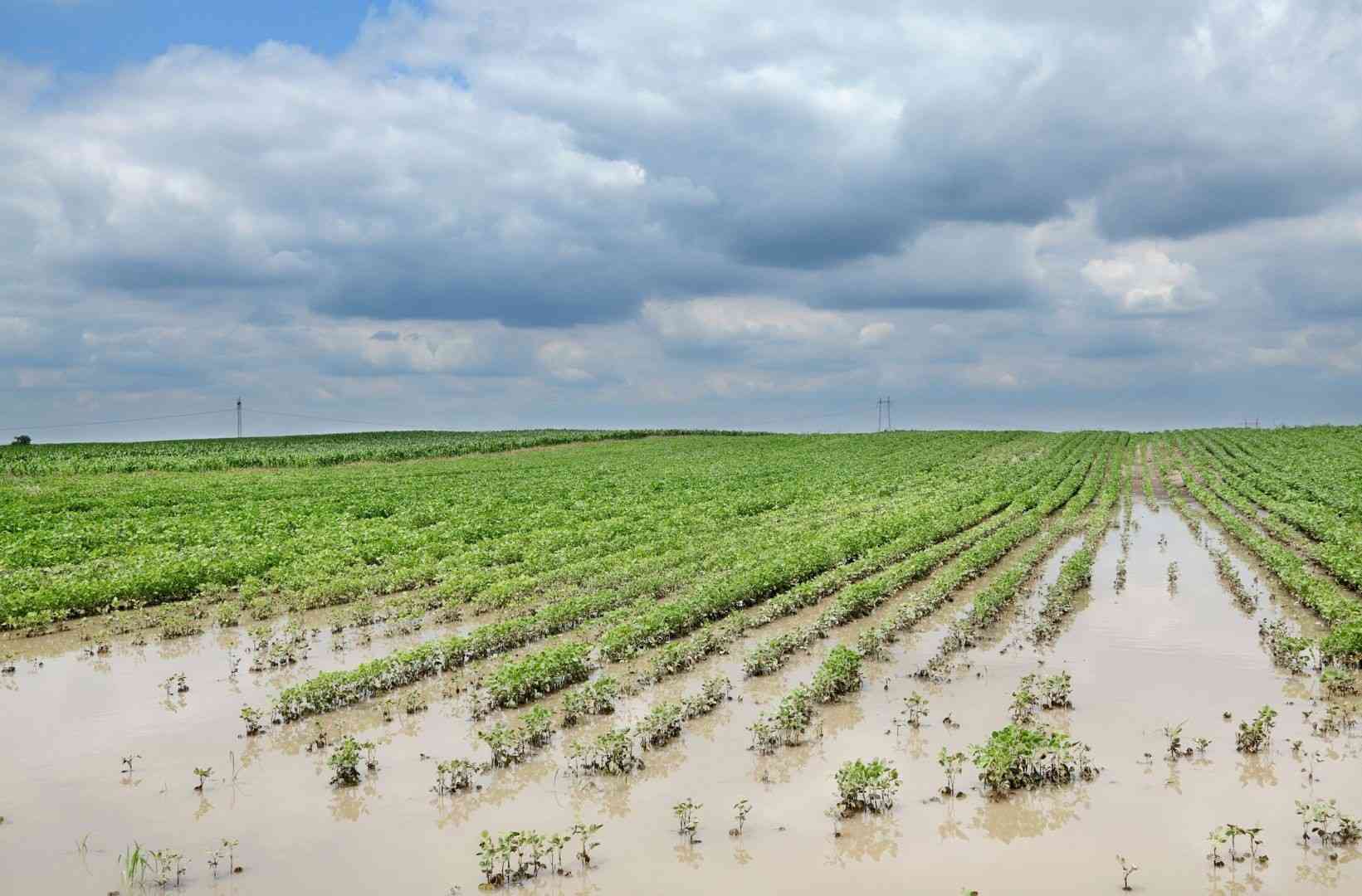
BINGA South legislator Fanuel Cumanzala has urged traditional leaders to keep politics out of villages as it has divided communities which used to work together and share everything they have.
Indications are that in every village across Zimbabwe, traditional leaders are more than just figure heads, but fathers, guides and peacekeepers.
Traditional leaders also help to settle disputes, ensure children attend school and lead in community projects such as building clinics, repairing roads and drilling boreholes.
Speaking in Parliament last week, Cumanzala said a dangerous trend was creeping into communities as politics found its way into traditional leadership.
He said when village heads were divided by politics, community suffered.
“People stop working together, some feel excluded and progress stalls,” Cumanzala said.
“When a borehole is drilled, it quenches everyone’s thirst regardless of political party.
“When a clinic opens, it treats every patient, not just those wearing a certain colour.”
- Brito bristles at Baobab swamp
- Secure your business premises: Police
- New law answers exhumations and reburials question in Zim
- DT Bio Mudimba: A sungura perfectionist
Keep Reading
He said hunger, drought and poverty did not discriminate.
“A true village head leads with fairness and wisdom,” the MP said.
“That spirit of impartial service is what brings peace and development to places like Binga and beyond.”
Cumanzala questioned the appointment of village heads on political grounds.
“I have got about 100 village heads who were relieved of their responsibilities because they were perceived to belong to a different political party.”
However, Local Government and Public Works deputy minister Benjamin Kabikira said the appointment of village heads was a well-structured process that was strictly guided by the Traditional Leaders Act.
“Under section 11 of the Act, a village head is nominated by a headman with the written consent of the local chief,” the deputy minister said.
“The nomination follows death or removal of the previous head and must come from the rightful village headship family, in line with the community’s customs and traditions.”
Kabikira said after the nomination the district development co-ordinator ensures proper vetting by the police and submission of all necessary documents including identity cards, fingerprints and the death certificate of the previous leader.
“The process continues through the provincial director for Local Government Services and the chief director of Traditional Leadership Support Services, who confirm that all procedures were correctly followed before forwarding it to the permanent secretary for approval,” he said.
Kabikira said importantly, the process was meant to replace deceased or retired leaders, not to create new village heads.
“The issue pertaining to the installation of headmen and village heads has nothing to do with politics.
“From the explanation that I did, on how village heads are installed, it has nothing to do with politics,” he said.
Kabikira said that was done through the royal family, the family from where the village head comes.









